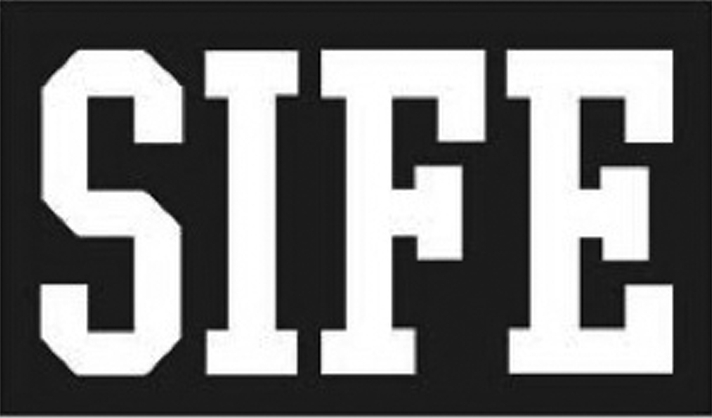Prepare resumé, cover letter now
March 25, 2011
With interview season upon us, Simpson College SIFE has decided to provide students with a 3-part article series to prepare students for job interviews, whether they are for a future career, or simply a summer job.
One of the most important aspects of the job interview process is submitting a resume and a cover letter. Although not all employers ask applicants to submit a cover letter, one should be submitted as it serves as an introduction and highlights one’s strengths. The cover letters should be brief, but informative and intrigue-building.
Cover letters should be brief, only about a 30 second read, but also need to be informative and catch the reader’s attention. The cover letter allows you to expand on your resume and personalize your potential “fit” in the organization.
To maintain professionalism on the cover letter, you should include: your address, your phone number, and the date, as well as the employer’s name and title, the organization’s name, and their mailing address.
It is considered proper to address your audience as “Dear Mr./Ms._____:” and to end the letter with “Sincerely,” followed by both a handwritten and a typed signature. In between, you want to have three the paragraphs.
The first paragraph should state the position you are applying for and why you are interested in it. In the second paragraph, an applicant should address his or her related work experience, as well as skills and abilities that are relevant for the job. It is important not to reiterate the entire resume, but to highlight your specific qualifications in relation to the job you for which you are applying. In the second paragraph you will also want to explain your interest in working for this particular employer.
In the final paragraph, the applicant should refer the reader to his or her resume and tell them what the next step in the action plan will be. At this time, it is appropriate to tell the employer if you are planning to call them to request an interview or how to contact you for an interview. Be sure to be assertive with this statement, as it is harder to ignore an assertive plan than a vague one.
Following the cover letter, the employer is referred to your resume, the most infamous of interview documents! All career counselors will tell you that you should begin writing your resume today, and it is true. From job-to-job only a few words must be changed, so for a document that is universal as a resume, why not begin today?
The sooner you start on it, the more practice you will be get and the more you will be able to make your resume stand out. However, I will get into the subject of building a resume in the next article. For now, I want to talk about how to write it. There are a variety of acceptable formats for writing a resume, but a good resume contains identifying information, an objective, education information, work experience, and a personal section where you can talk about interests, awards, or activities. All of this information should be organized into categories, with bolded sub-titles in order to make all of the information easy to identify. It is also beneficial to include any special skills or training that you have that is relevant to the job. Be selective with the information you include because the resume should not be more than one page, but make sure you are painting an accurate picture of yourself.
Employers will expect you to use professional language, so be sure to use the vocabulary of a specific industry. You should also quantify any information you can, and be as specific as necessary about your past experiences. Another bit of advice is to utilize action verbs, as they portray confidence, so you may want to think about how you can rewrite your resume to do so.
Don’t forget to keep your purpose in mind throughout writing and be sure to stress your accomplishments. Put the most important information first to keep the reader interested. And lastly, in writing your resume (and this goes for your cover letter, too), check your spelling and grammar! Often times, employers will entirely disregard an applicant who shows poor use of grammar or misspells something. Also, don’t forget to save each cover letter and resume appropriately so you have a record of what you sent for each application.
To learn more about writing resumes or cover letters, you should talk to Career Services. They will gladly proofread your documents and let you know what you might need to change.












